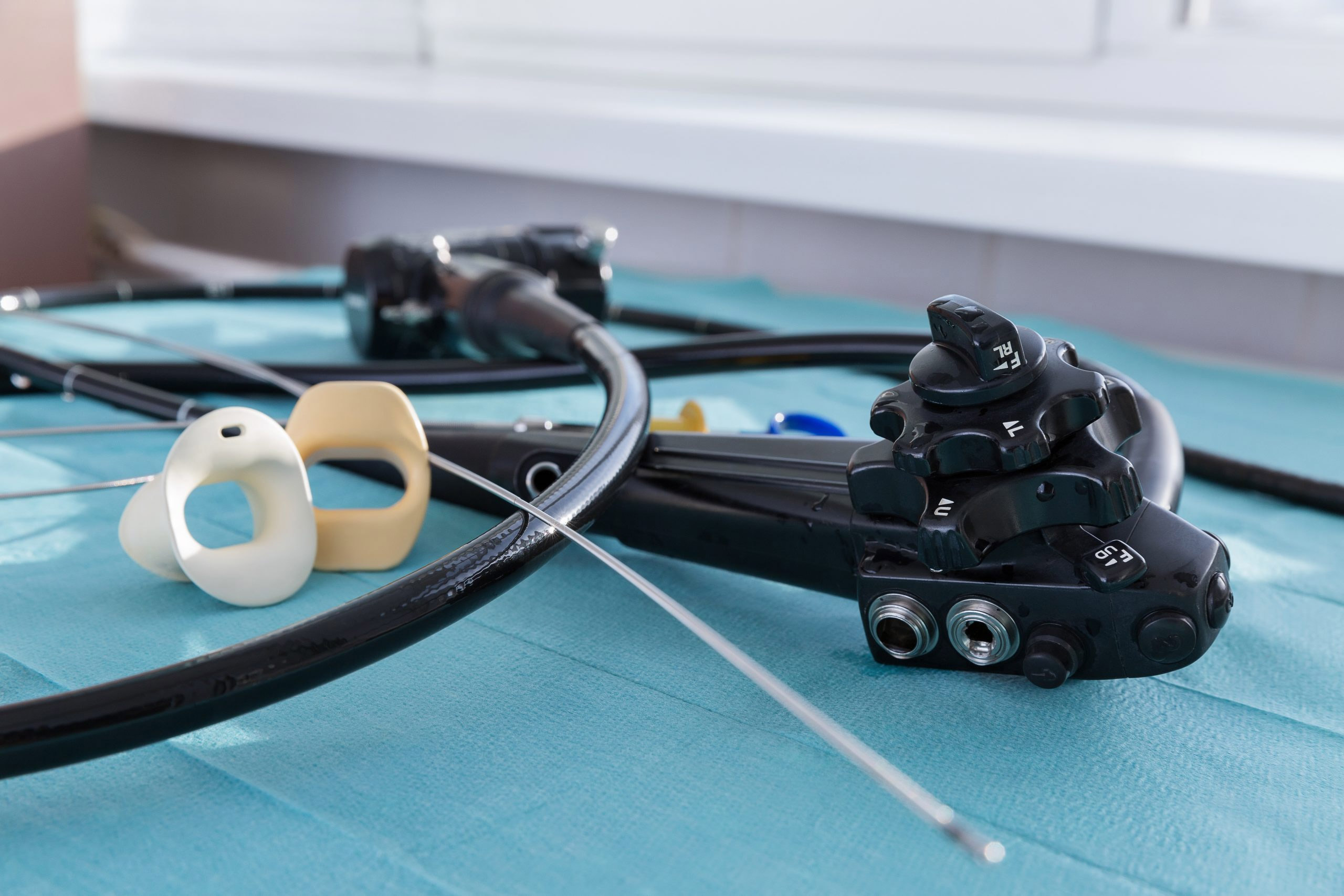
Many elderly patients — perhaps too many — are continuing to undergo colonoscopies even if prior exams didn’t turn up findings significant enough to warrant additional procedures.
That’s one conclusion from a study in New Hampshire that examined 42,611 colonoscopies performed over a decade finding that 58 percent of the examinations revealed insignificant findings. At the same time, only 9 percent of those patients age 70-74 with no significant findings were told that no further examinations were needed; in patients age 65-69, that number dropped to 1 percent.
The research was chronicled by Gastroenterology & Endoscopy News after the findings were presented at the 2021 Digestive Disease Week.
The study “raises concern about the overuse of colonoscopy in older adults with no significant findings or only small polyps in whom harms of colonoscopy may outweigh benefits,” said Dr. Audrey H. Calderwood, an associate professor of medicine at Dartmouth-Hitchcock Medical Center and the Dartmouth Institute for Health Policy and Clinical Practice, in Lebanon, New Hampshire.
Clinicians interviewed by G&E News expressed surprise at the high recommendation rates for elderly patients with negative exams but also cautioned against jumping to a conclusion that colonoscopy is inappropriately used in older patients.
Calderwood led the analysis, which mined data from the New Hampshire Colonoscopy Registry, a repository of patient characteristics including risk factors, comorbidities, and family history; exam quality; findings; histology; and recommended surveillance intervals.
Researchers found similar trends when they looked at recommendations to continue colonoscopy for patients with no significant findings. More than six in 10 (62 percent) patients age 75-79 years old were told to continue, for example.
Click here to read more about the study.


